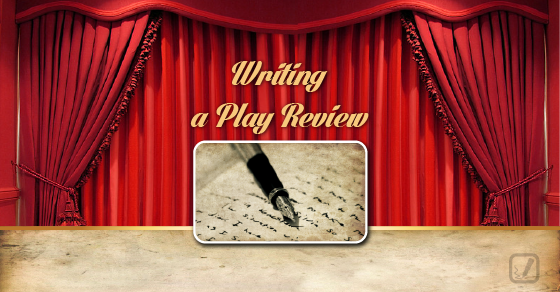The Drama Survey
It’s the first day of semester. You have a Grade Nine / Drama One class or a group of students you haven’t worked with before. They stare at you, you stare at them. How can you determine what they think about drama, what they think about your class and how they might perform for the weeks ahead? Should you plunge into the deep end or ease slowly into the water? The first week of drama class will set the tone for the rest of the year.
Use a Drama Survey
The Drama Survey is a tangible way to assess your students’ thoughts and feelings. It will highlight the students in your class who are uncomfortable with self-expression.
Self-expression is key to success in the drama classroom. Students need to share their opinions on scenes and performances. Students express themselves in their journals, monologue writing, and character creation. Your classroom may be the one place students feel at ease to display their true personality.
Students can make the survey the first entry in their drama journals. There’s a sample survey at the end of this article, but you can create your own with questions specific to your classroom.
Questions to Ask
Make the survey easy to answer. Aim for something that can be completed in 15 minutes. The time limit is important – encourage students to write quickly. Their answers will be more instinctual.
Don’t bombard students with “tell me everything” questions and yet, don’t make it so vague you learn nothing. The survey should give you a roadmap for your semester (e.g. if none of your students have been on stage before, your lesson plans might need adjustment).
Start out the survey with some multiple choice questions:
I am looking forward to drama class. Yes. No. Maybe.
I am good at drama. Yes. No. Maybe.
I have acted before. Yes. No.
Does performing in front of others scare you? Yes. No. Maybe.
Include open-ended questions that will illuminate their thoughts on the class:
What is drama?
Why did you take drama?
What do you hope to learn?
And end with questions that illuminate the individual student:
How do you express yourself?
What is your favourite food? Music? Article of clothing?
List three words that express how you’re feeling today.
Do you often tell the truth? If not, why do you hold back?
These answers will demonstrate how students will write in their journals, how they’ll act during a peer evaluation and even how they’ll handle criticism.
Follow up
Assess the success of the class and give your students a follow up survey at the end of the year. First have students look back and reflect on their first survey.
How have their answers changed?
Do they have a different opinion of drama?
Do they have a different opinion of their abilities?
Some multiple choice questions:
I look forward to coming to drama class. Always. Sometimes. Not really.
I have learned something new about drama. Yes. No.
I feel comfortable performing and sharing my ideas in drama class. Yes. Not Really. No.
Ask questions that relate specifically to the class:
1. My favourite unit this year was… because…
2. My least favour unit this year was… because…
3. My favourite activity this year was… because…
4. My least favourite activity this year was… because…
And end with questions that relate specifically to the individual:
I feel more confident about performing in front of others. Yes. No.
I feel more confident expressing my opinion. Yes. No.
Explain your answers. Use specific class activities as examples.
The Drama Survey can help you communicate with your students. It can highlight which activities are most and least successful. The Drama Survey is a useful, insightful classroom tool.



